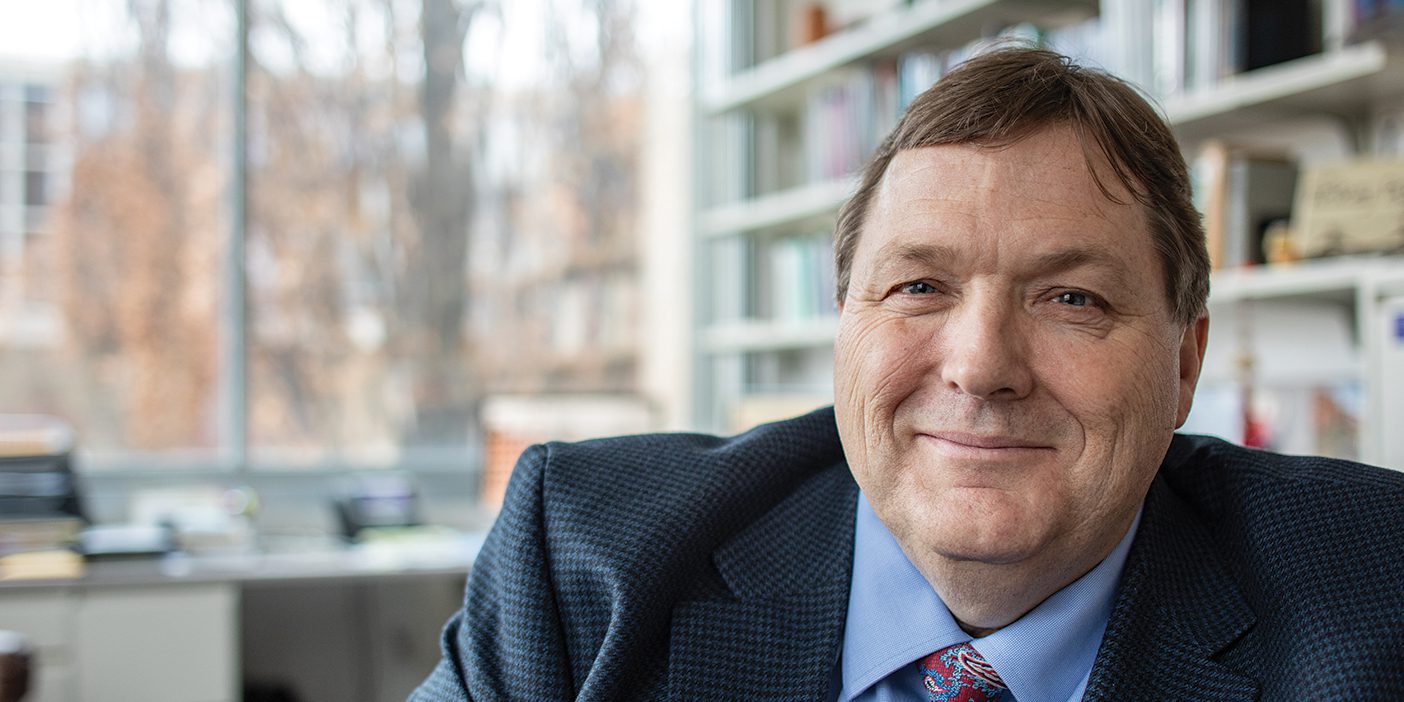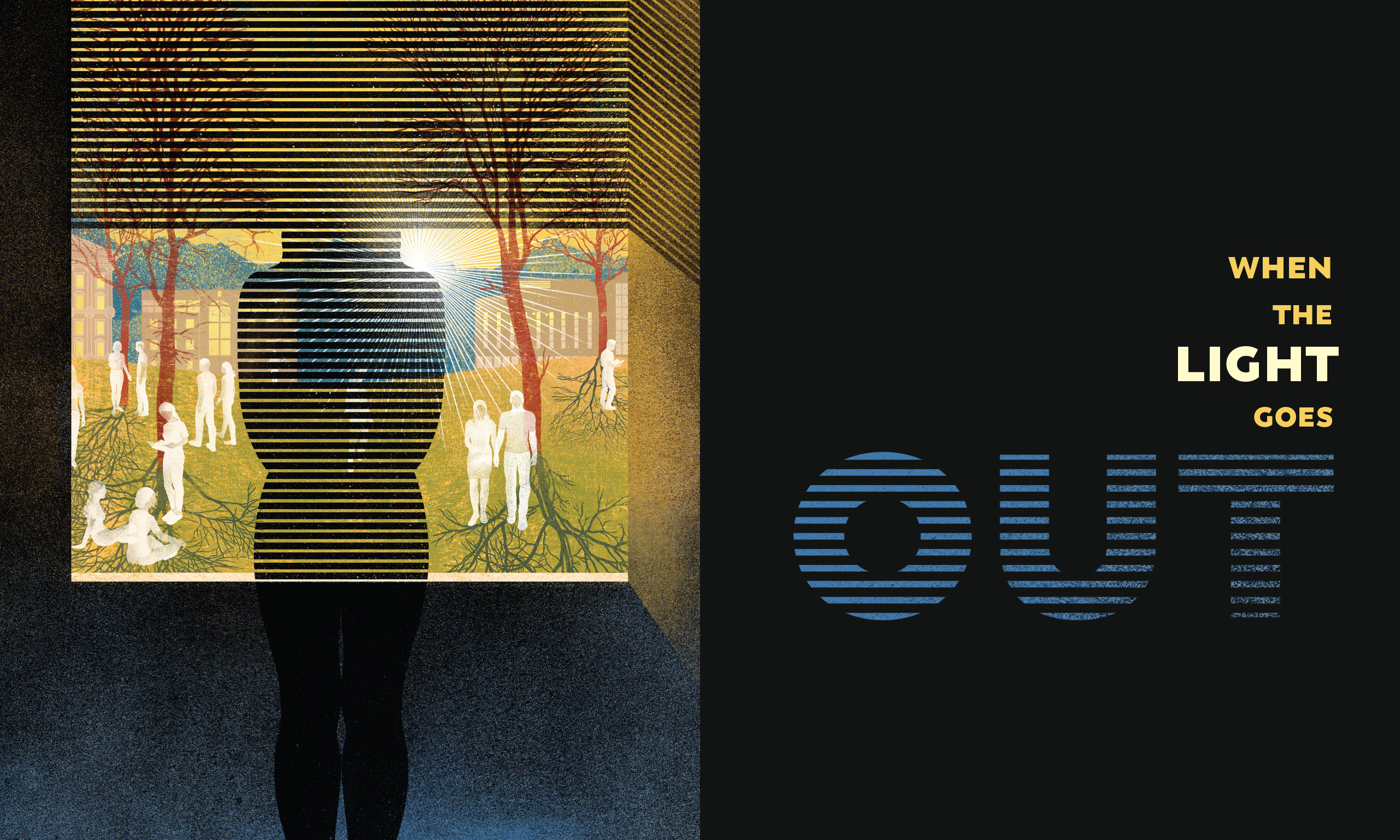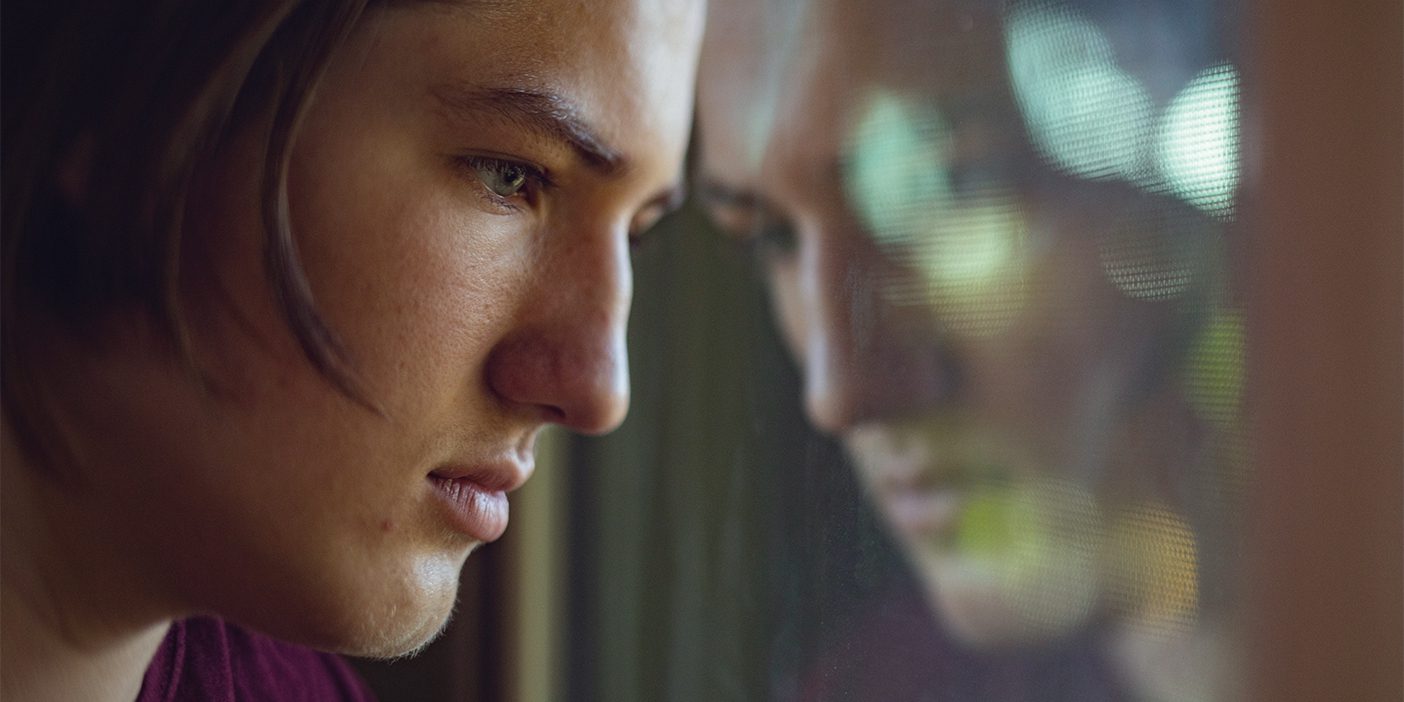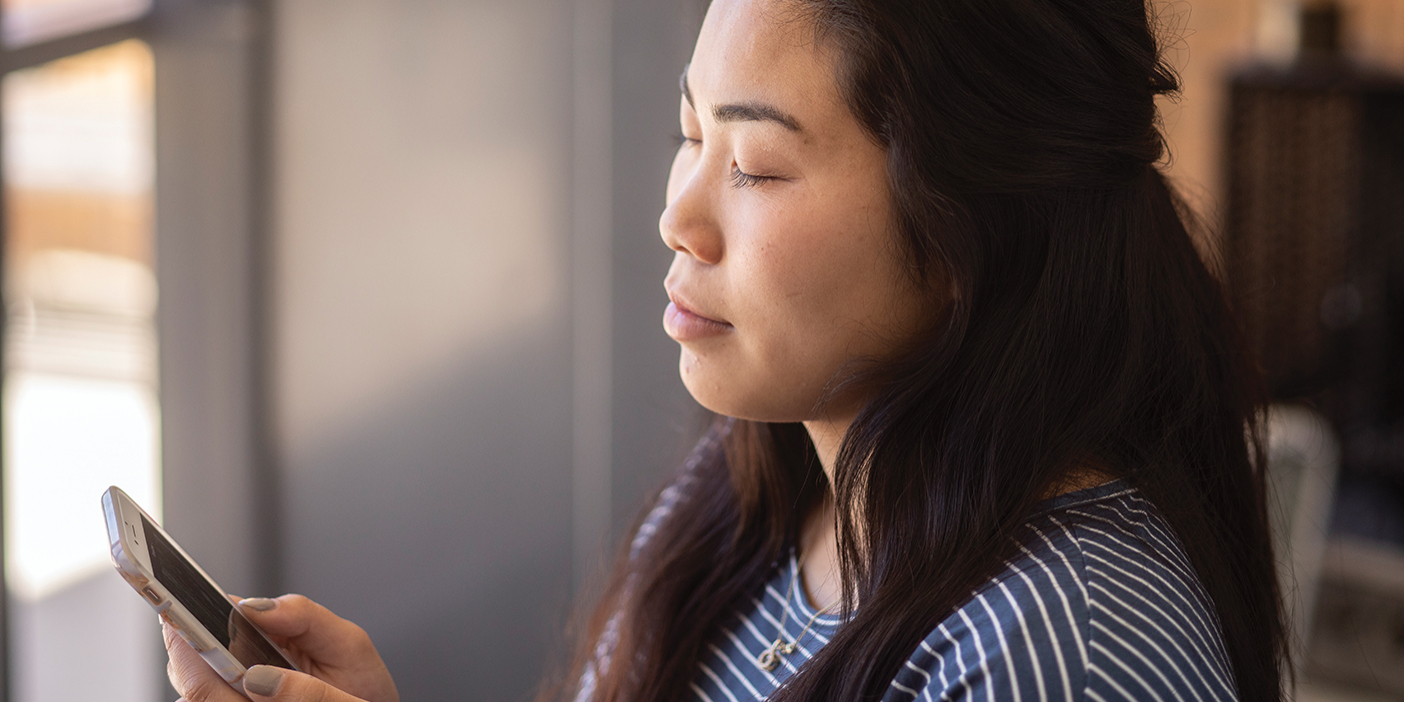
The demand for mental health counseling at BYU has increased every year for the last decade. Roughly 6,000 BYU students—17 percent of the student body—utilized BYU’s Counseling and Psychological Services (CAPS) last year for help with anxiety, depression, and other concerns. Here, CAPS director Steven A. Smith (BS ’81, MEd ’83) sheds light on the rise, the common issues at BYU, and the center’s award-winning offerings.
Q: Why is demand for mental health services on the rise at BYU?
A: The demand at BYU mirrors national trends, with higher rates of anxiety and depression being reported than ever before. Does that mean rates of anxiety and depression are in fact elevated, or does that mean that people are more willing to seek help? There’s debate about that. I believe the increase is due largely to greater awareness. More students are aware of our services, and they are more willing to seek help. That’s a success of counseling centers.
Q: What are the limitations of a university counseling center?
A: We are a clinic designed for short-term therapy, not for long-term psychotherapy. If a student needs more, we help them find community resources.
Q: How is BYU keeping up with demand for counseling services?
A: The recommended ratio of full-time mental health therapists at college counseling centers is one per 1,500 students. Many campuses struggle to meet that recommendation. Our ratio is one per 1,100, and we are hiring three more, bringing us to 32 full-time counselors. Though we are usually booked a month out, the wait list to be seen in the community is comparable. Fortunately, if someone is distressed and needs to be seen immediately, they’ll get in that same day. We provide emergency services 24 hours a day, every day of the year.
Q: What services does CAPS offer?
A: The demand is highest for individual therapy because that’s what people think of when they seek help. However, we also run 30-plus therapy groups every semester, from groups for anxiety disorders to eating-disorders groups to groups for LGBT individuals. Our data show that individuals engaged in group therapy get better as quickly as in individual therapy. For some issues, such as pornography or social struggles, group therapy is more effective. In 2018 we received the Excellence in Group Practice Award from the American Psychological Association.
Q: Are there other services that are underutilized?
A: Our Stress Management and Biofeedback Services lab is never more than a week wait. In biofeedback sessions—overseen by licensed clinicians and graduate students—a student can hook up to a computer that measures biological markers of distress and learn skills to control and relax the body. Additionally, we offer online resources for addressing anxiety and depression. Clinicians correspond with students as they progress through the programs, which students can complete alone or concurrently with other therapy.
Q: Are BYU students’ concerns different?
A: We have an especially high degree of self-defeating perfectionism in our student body. BYU students are used to being top performers. For some, when they don’t perform as well as they believe they should, they become depressed and anxious. Most students learn to adapt and handle these challenges quite well, but a significant number do not.
Q: How can more be done?
A: We are making a big push to do more preventive outreach such as suicide prevention, workshops on coping with disappointment, positive-psychology classes, and training for housing professionals to help struggling students. We are anxious to build greater resilience in our student population. One of the most important things we can do is help students build psychological resilience against disappointment, because all will struggle from time to time.












